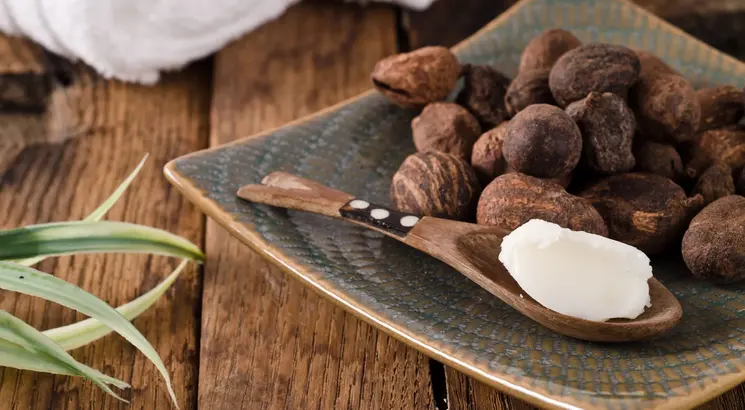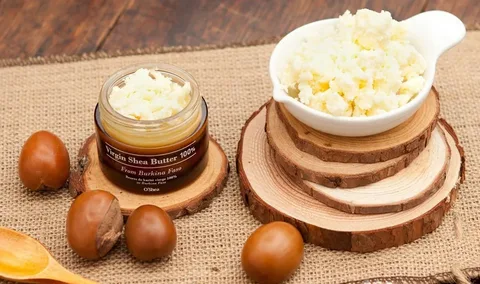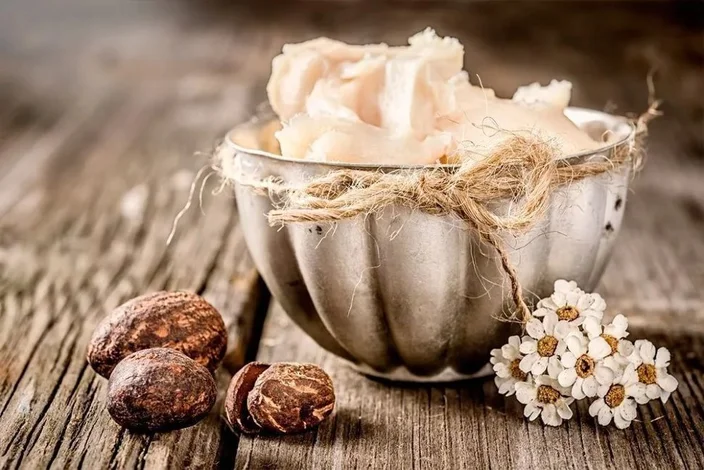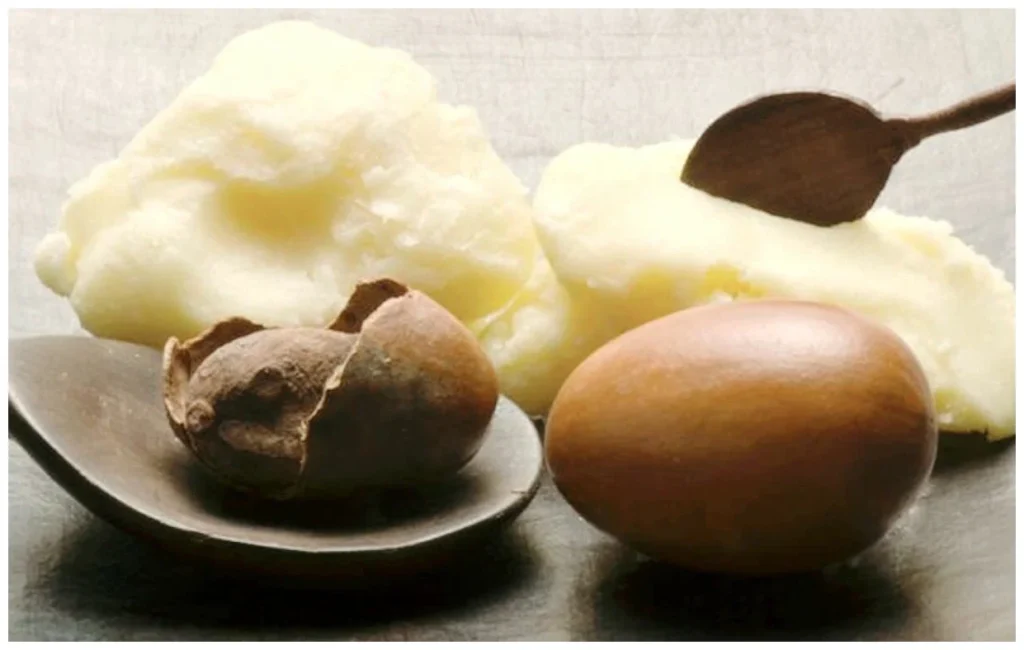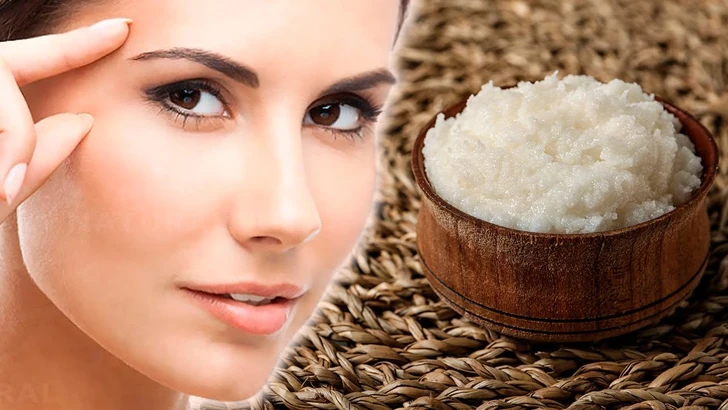Shea butter is one of those beauty essentials that’s loved worldwide for its nourishing and healing properties. Whether you’re using it for dry skin, hair care, or even as a soothing balm for minor burns, shea butter is an absolute favorite.
But with all the wonderful benefits it offers, there’s one question that comes up often: Does shea butter expire?
If you’ve ever found a jar of shea butter sitting at the back of your cabinet and wondered whether it’s still good to use, you’re not alone.
Let’s dive deep into how long shea butter lasts, how to tell if it’s expired, and the best ways to keep it fresh so it stays lush and ready to work its magic on your skin.
What is Shea Butter?
Before getting into its shelf life, let’s first understand what shea butter is and why it’s so popular.
Shea butter is derived from the nuts of the Vitellaria paradoxa tree, which grows mainly in West Africa. The process of extracting the butter from these nuts involves crushing and boiling them to extract the natural fat.
The result is a creamy, rich product packed with essential vitamins like A, E, and F, as well as fatty acids that are great for skin health.
There are two main types of shea butter on the market: unrefined and refined.
- Unrefined shea butter retains most of its natural nutrients and is considered the most potent form. It’s often golden or ivory colored, with a slight nutty smell.
- Refined shea butter has been processed to remove the scent and some of its beneficial compounds, often resulting in a lighter texture and whiter appearance.
While unrefined shea butter is often considered the best for skin care due to its high nutrient content, both forms offer amazing benefits.
Does Shea Butter Expire?
Yes, shea butter does expire, though its shelf life is relatively long compared to other natural oils or butters. On average, shea butter lasts 1 to 3 years, depending on how well it’s stored and the type you buy.
What Affects the Shelf Life of Shea Butter?
- Storage Conditions: The way you store shea butter plays a huge role in how long it stays fresh. Keep it in a cool, dry place, away from direct sunlight or extreme heat. High temperatures can cause it to break down faster, while exposure to sunlight can degrade the beneficial compounds in the butter.
- Packaging: How your shea butter is packaged also matters. Airtight containers are ideal since they prevent the butter from being exposed to air. Shea butter in plastic containers may not last as long due to the risk of air infiltration over time.
- Type of Shea Butter: Unrefined shea butter tends to last longer because it retains more of its natural antioxidants and nutrients, which help it resist spoilage. Refined shea butter may have added preservatives, but it could lose some of the richness and potency of unrefined butter.
How to Tell if Shea Butter Has Expired
Knowing how to spot the signs of expired shea butter is key to getting the most out of your purchase. Here are a few ways to tell when your shea butter has gone bad.
1. Smell
Fresh shea butter has a subtle nutty scent. If you notice a rancid or sour odor, it’s time to throw it out. Over time, the natural fats in the butter oxidize, causing it to spoil and give off an unpleasant smell.
2. Color Changes
Shea butter’s natural color varies between ivory, yellow, or even greenish hues, depending on its purity. If your shea butter has darkened significantly or if it has any off color spots, it’s likely gone bad.
3. Texture
Fresh shea butter should feel soft and smooth at room temperature. If it’s become hard, grainy, or develops oily separation, it’s an indicator that it’s no longer good to use.
4. Separation or Mold
If you notice any mold growth or separation (where liquid rises to the top), it’s time to toss the jar. Mold can be particularly harmful to skin, so never take a risk with expired shea butter.
Factors That Influence the Shelf Life of Shea Butter
Shea butter’s shelf life can be affected by several factors. Let’s break down these key elements:
Storage Conditions
The environment you keep your shea butter in is critical to its longevity.
- Keep it cool: Store your shea butter in a temperature controlled environment. Heat can accelerate spoilage.
- Avoid humidity: Moisture can introduce bacteria or mold into the butter. So, always store it in a dry location.
- Avoid light: Light breaks down essential nutrients, so keep your shea butter in a dark, cool cupboard or drawer.
Packaging
The container you store your shea butter in plays an important role in keeping it fresh. Choose containers that are airtight, preferably glass, as they are more resistant to air infiltration than plastic.
Tip: If your jar of shea butter is getting low, consider transferring it to a smaller container to limit air exposure.
Quality of the Shea Butter
- Unrefined Shea Butter: This form generally has a longer shelf life because it’s packed with natural vitamins, antioxidants, and fatty acids that help prevent oxidation.
- Refined Shea Butter: It may have preservatives to help extend its shelf life, but it could be less effective in terms of healing properties. If you’re looking for a longer lasting option with full benefits, unrefined shea butter is your best bet.
How to Extend the Shelf Life of Your Shea Butter
If you want to make sure your shea butter lasts as long as possible, follow these simple storage tips:
- Keep it in an airtight container: This prevents air from causing oxidation and moisture from getting in.
- Store it in a cool, dry place: The best place to keep your shea butter is somewhere away from sunlight or heat, like a cupboard or drawer.
- Use smaller containers: If you have a large batch of shea butter, divide it into smaller portions. This way, each time you open a jar, the rest stays protected from air.
- Refrigerate or freeze it: For even longer storage, you can refrigerate or freeze your shea butter. This extends its life by several months and helps preserve its quality.
What Happens if You Use Expired Shea Butter?
Using expired shea butter isn’t dangerous in most cases, but it can lead to a few negative outcomes:
- Loss of Effectiveness: Expired shea butter doesn’t provide the same hydration or skin healing benefits. The vitamins and fatty acids break down over time, rendering it less potent.
- Skin Irritation: If mold or bacteria have grown, it can lead to skin irritation or even a rash. The last thing you want is to cause harm to your skin with a product that should be helping it.
- Bad Smell: The rancid smell that develops over time can make using expired shea butter unpleasant.
In short, expired shea butter may not harm you, but it will certainly be less effective and potentially irritating. Always check the condition of your butter before use to ensure you’re getting the best possible experience.
Tips for Getting the Most Out of Your Shea Butter
- Use it regularly: Don’t let it sit for too long. Use your shea butter within a reasonable time frame, especially after opening it.
- Don’t dip wet hands into the jar: This can introduce moisture and bacteria. Always use clean hands or a spatula to take it out.
- Combine it with essential oils: Mixing shea butter with essential oils like lavender, peppermint, or tea tree oil can boost its healing properties and leave a pleasant scent.
- Use it for different purposes: Beyond skin care, shea butter is great for hair care, as it helps moisturize and add shine to dry, brittle hair. It can also be used for lip care, cuticle treatment, or sunburn relief.
Conclusion: Keep It Lush!
Shea butter is a true beauty staple, and with proper care, it can stay effective for 1 to 3 years. By understanding the signs of expired shea butter, learning how to store it correctly, and taking simple precautions, you can enjoy its amazing benefits for longer.
Remember, always check for smell, color, and texture before use, and when in doubt, discard it.
Pro Tip: Store your shea butter in smaller jars to ensure it stays fresh longer, and don’t forget to treat your skin to this nourishing powerhouse regularly. Keep it lush, and enjoy the natural goodness of shea butter!
FAQs
Q1: How can I tell if my shea butter has gone bad?
A1: If your shea butter smells rancid, has changed color, or feels grainy, it’s probably expired. Check the texture and smell for any signs of spoilage.
Q2: Can I store shea butter in the fridge?
A2: Yes! You can refrigerate shea butter to extend its shelf life, especially if you want to store it for several months.
Q3: How long does unrefined shea butter last?
A3: Unrefined shea butter can last 1 to 3 years if stored properly in an airtight container, away from heat and moisture.
Q4: Can shea butter cause skin irritation?
A4: In rare cases, some people may be sensitive to shea butter. If irritation occurs, stop using it and consult a dermatologist.
Q5: What’s the best way to use shea butter for my skin?
A5: Apply a small amount to dry or irritated skin, massage it in, and allow it to absorb. It works great as an overnight treatment for intense hydration.
By following these tips and knowing the signs of expired shea butter, you can enjoy this versatile beauty product without worrying about its expiration. Keep it fresh, and your skin will thank you!
